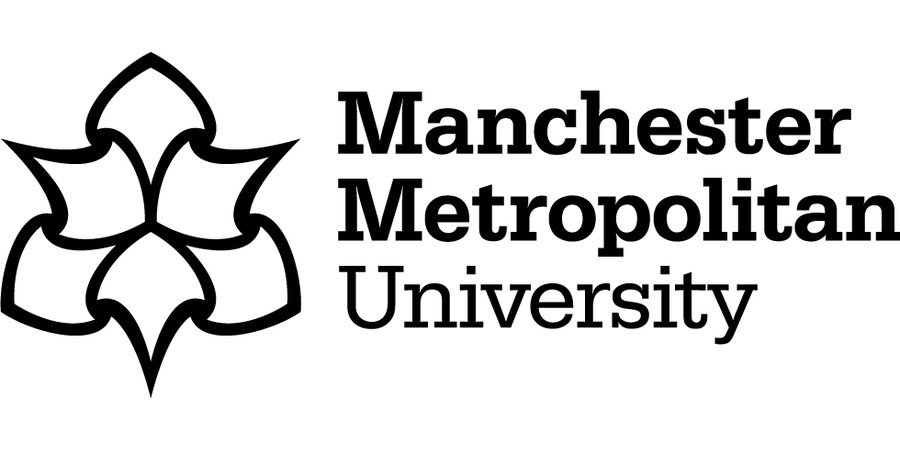PhD Studentship - Fault-Tolerant and Optimised Digital Signatures Implementation for Quantum-Safe Space Communication
Manchester Metropolitan University
| Qualification Type: | PhD |
|---|---|
| Location: | Manchester |
| Funding for: | UK Students, EU Students, International Students |
| Funding amount: | £20,780 - please see advert |
| Hours: | Full Time |
| Placed On: | 23rd April 2025 |
|---|---|
| Closes: | 19th May 2025 |
| Reference: | SciEng-SK-2025-Optimised Quantum-Safe Signatures |
Background
The rise of quantum computers could break many existing encryption methods, making post-quantum cryptography (PQC) vital for future security. Digital signatures, which act like electronic stamps to prove a message’s origin and integrity, are key to secure communication. Falcon is a new, standardised digital signature scheme that remains secure even against quantum threats. It uses small security keys and signatures, making it ideal for resource-constrained devices. However, implementing Falcon on space-based systems like satellites is challenging due to limited processing power and radiation-induced faults.
This project aims to develop an optimised and fault-tolerant version of Falcon for such environments. We will simplify complex operations, speed up critical steps using custom hardware design, and build in fault detection and correction to ensure secure, efficient operation in space systems.
The outcome will be a high-performance, fault-tolerant Falcon implementation, enhancing quantum-safe communication for satellites and deep-space missions. This research offers a unique opportunity to contribute to cutting-edge cryptography and space security, making it ideal for applicants interested in PQC, FPGA/processor design, and aerospace cybersecurity.
The candidate will join vibrant doctoral community, benefiting from world-class research facilities in the modern Dalton Building.
Project aims and objectives
This project aims to develop an optimised, fault-tolerant implementation of the Falcon post-quantum digital signature algorithm for spaceborne FPGAs/processors. The key objectives include:
- Make Falcon run more efficiently by reducing the time and resources needed to create keys, sign messages, and check signatures—while keeping it secure.
- Add techniques to detect and fix errors caused by space radiation, such as single-event upsets (SEUs), to make the system more dependable.
- Build in protection against side-channel attacks, which try to steal secret information by observing how the system behaves.
This research will contribute to secure, quantum-resistant communication for satellites and deep-space exploration.
Funding
The student will be in receipt of a stipend payment; the Research Council minimum rate (set by UKRI) £20,780 for 2025/26.
Home and Overseas students can apply. Home fees are covered. Eligible overseas students will need to make up the difference in tuition fee funding.
Specific requirements of the candidate
Applicants should have a strong background in cryptography, FPGA design, or embedded systems. Experience with hardware design (e.g., Verilog/VHDL), post-quantum cryptography, and optimisation techniques for resource-constrained environments is desirable. Knowledge of fault-tolerant computing, error correction methods, and side-channel attack mitigation would be advantageous. Familiarity with space-grade hardware and radiation effects on electronics is beneficial but not essential. Strong programming skills in Python, C/C++, or HDL, along with analytical problem-solving abilities, are essential. Candidates should be highly motivated, capable of independent research, and eager to contribute to secure, quantum-resistant space communication.
How to apply
Interested applicants should contact Dr Safiullah Khan (safiullah.khan@mmu.ac.uk) for an informal discussion.
To apply you will need to complete the online application form for a full-time PhD in Computing & Digital Technology
You should also complete a narrative CV (500-1000 words) addressing the project’s aims and objectives, demonstrating how the skills you have map to the area of research, how your experience makes you suitable for this position, and why you see this area as being of importance and interest.
You will need to upload your statement in the supporting documents section of the University’s Admissions Portal.
Applications closing date: 19 May 2025
Expected start date: October 2025
Please quote the reference: SciEng-SK-2025-Optimised Quantum-Safe Signatures
Advert information
Type / Role:
Subject Area(s):
Location(s):









